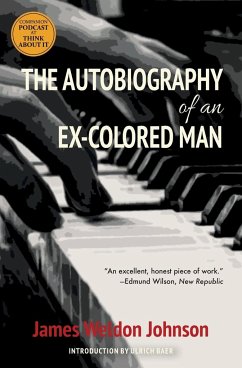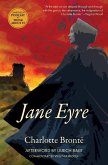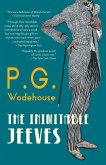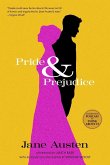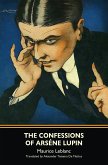Recalling the great confessional narratives from St. Augustine to Jean Jacques Rousseau, from Benjamin Franklin and Frederick Douglass to Henry Adams, James Weldon Johnson relates the emotionally gripping tale of a mixed-race piano prodigy who can pass for white in turn-of-the-century America. Forced into impossible choices created by an unjust society, the narrator describes his experiences as he travels from Jacksonville to New York City, the rural South to Paris, London, and beyond. The earliest first-person novel published by an African American author, Johnson's powerfully unsentimental story examines the significance of chance and choice, the particularly American investment in self-invention, and the role of identity in shaping our lives. Its influence extends to Richard Wright, Ralph Waldo Ellison's Invisible Man and even Barack Obama's Dreams from my Father. Includes several of Johnson's influential and still timely New York Age editorials and a detailed biographical timeline.
Bitte wählen Sie Ihr Anliegen aus.
Rechnungen
Retourenschein anfordern
Bestellstatus
Storno

